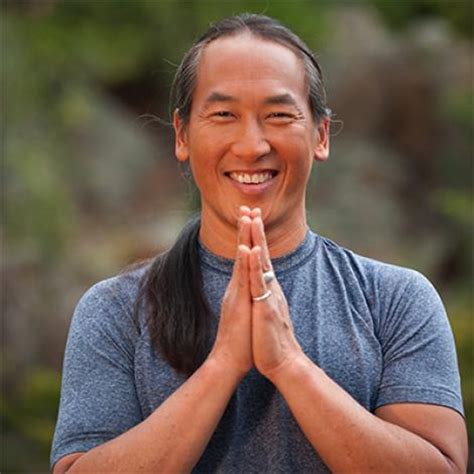A Quote by Frederick Lenz
The tantras are ancient sacred books of India and Tibet. The tantras detail specific means for attaining liberation.
Related Quotes
Books are special, books are the way we talk to generations that have not turned up yet. The fact that we can actually, essentially communicate with the people in ancient Egypt, people in Rome and Greece, people in ancient Britain, people in New York in the 1920s who can communicate to us and change the way we think, and change the things that we believe. I think that books are special. Books are sacred. And I think that when you are selling books, you have to remember that in all the profits and loss, in all of that, you are treading on sacred ground.
What Brahman is cannot be described. All things in the world — the Vedas, the Puranas, the Tantras, the six systems of philosophy — have been defiled, like food that has been touched by the tongue, for they have been read or uttered by the tongue. Only one thing has not been defiled in this way, and that is Brahman. No one has ever been able to say what Brahman is.
The Tibetan religion has a past. And furthermore it has such an appeal. There again young people today are drawn to Buddhism and to Tibet. It's not only because of the Dalai Lama. It's because of what Tibet represents. There is a vast reservoir of knowledge, of mystical knowledge, which can be found in Tibet.The Chinese shouldn't be afraid of that really. They have other means of survival.
Ancient art has a specific inner content. At one time, art possessed the same purpose that books do in our day, namely: to preserve and transmit knowledge. In olden days, people did not write books, they incorporated their knowledge into works of art. We would find a great many ideas in the works of ancient art passed down to us, if only we knew how to read them.
Yoga is an ancient discipline in which physical postures, breath practice, meditation, and philosophical study are tools for achieving liberation. In my interpretation, achieving liberation in yoga means learning how to be present with everything that arises, whether it is pain or pleasure, sadness or joy, failure or success. And to be present with whatever arises, I believe we must not only be aware of what is arising but we must also be able to see all things that arise as equal, with detachment.






























